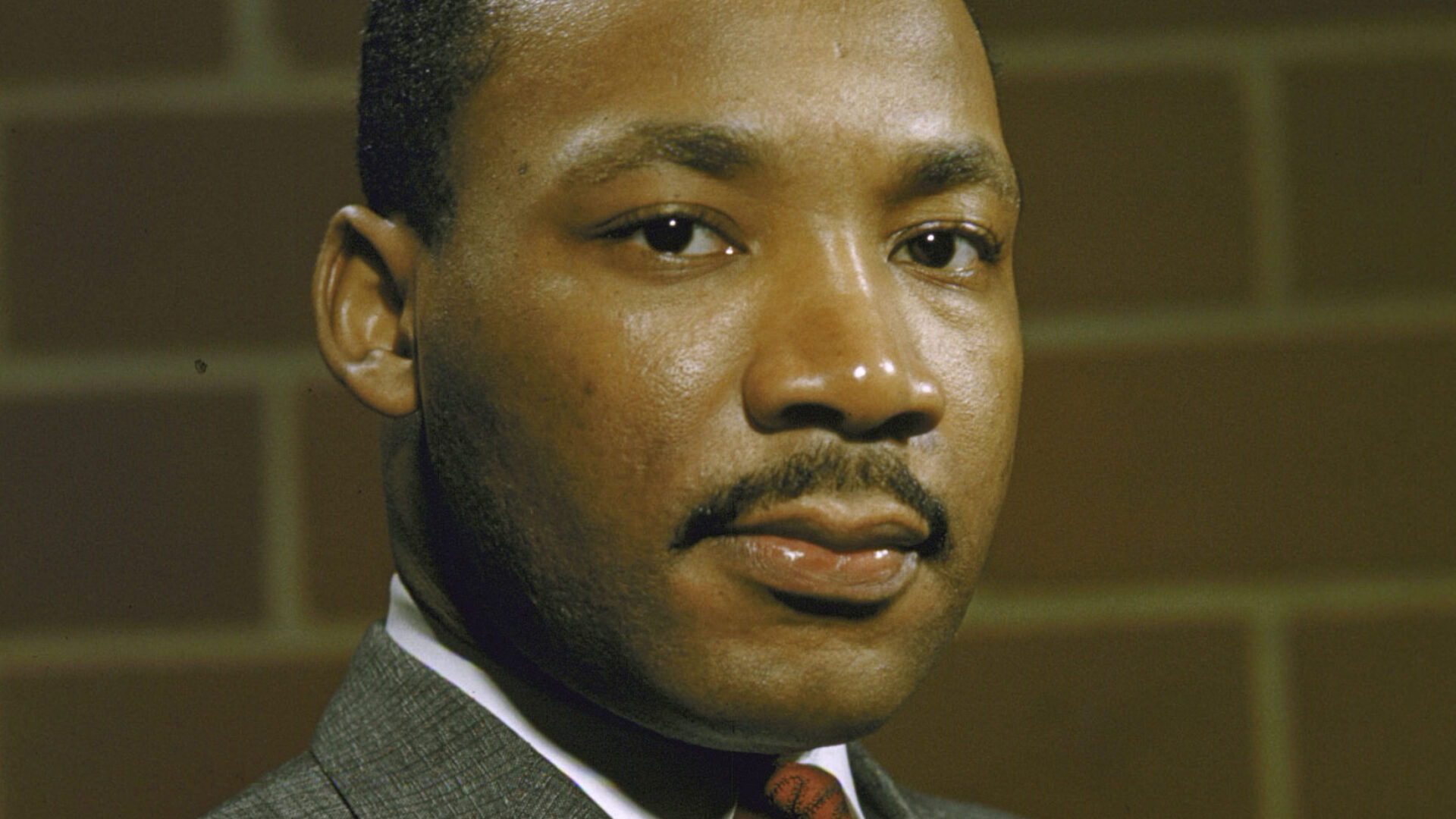
Dr. Martin Luther King Jr. was a Baptist minister, orator and civil rights activist who fought for the equality of Black people and economic justice. Unfortunately, his legacy changes depending on who you ask. To some, he was non-violent, yet adamant in his push for worldwide ideological change. To others though, he was a pacifist who did not stand for any kind of Black pushback . Because of the latter belief system, Dr. King’s work is being erased, and an attempt to rewrite history is being made.
Over the last few decades, the focus on Dr. King’s teachings has shifted from his demands for equality to his commitment to love. But while Dr. King was extremely critical of moderates who often encouraged Black people to “wait” for equality, his teachings have been manipulated for the conservative agenda. Worse, one of his most famous sayings about color, “I have a dream that my four little children will one day live in a nation where they will not be judged by the color of their skin, but by the content of their character,” is used as an excuse for colorblindness.
This phenomenon, colorblindness, is a tactic used by white conservatives and pseudo-liberals to feign solidarity. One of the many issues with colorblindness is that it fails to serve Black and brown people. Failing to acknowledge the role that race plays in every day life is a privilege that Black people simply don’t have. In his “I Have a Dream” speech, Dr. King did not call for the dissolution of race. He called for a world in which he was free to be Black.
In 1963, Dr. King sat in an Alabama jail, after being arrested for conducting peaceful sit-ins and marches in Birmingham. “I must confess that over the past few years I have been gravely disappointed with the white moderate,” his “Letter From Birmingham Jail” reads. “I have almost reached the regrettable conclusion that the Negro’s great stumbling block in his stride toward freedom is not the White Citizen’s Counciler or the Ku Klux Klanner, but the white moderate, who is more devoted to ‘order’ than to justice; who prefers a negative peace which is the absence of tension to a positive peace which is the presence of justice; who constantly says: ‘I agree with you in the goal you seek, but I cannot agree with your methods of direct action.”
In “Letter From Birmingham Jail”, Dr. King chastised white moderates, or pseudo-liberals. He knew that they were trying to control how he went about spreading his messages of economic and racial justice. But this side of Dr. King — disappointed in white people who chose civility over change — is not the side that we’re often exposed to. We nearly exclusively see images of Dr. King smiling and clips of him talking about loving your enemies. But what about the heartache he felt of behalf of his people? Surely that wasn’t met with a warm smile. So why does white America celebrate itself for painting a one-faceted portrait of a man?
Because Dr. King’s power lives on. His essence is still capable of changing things, if only people would listen to what he actually said — and not a white fantasy.